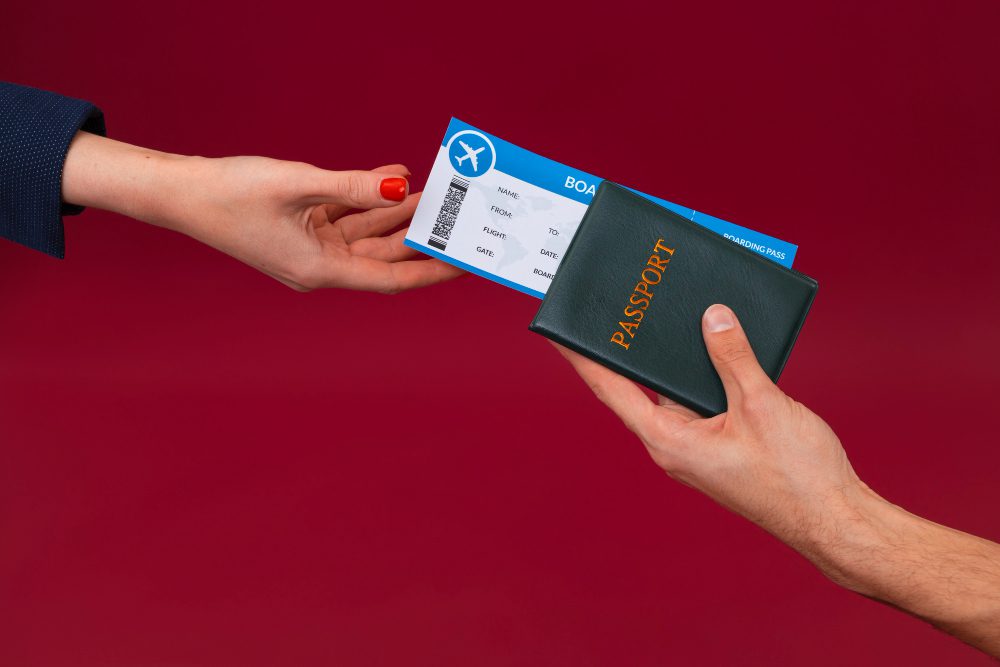Exploring the One Freezone Passport in UAE: A Game-Changer for Businesses

Introduction :
What is the One Freezone Passport in UAE?
In a bold move to solidify its position as a global business hub, Dubai introduced the One Freezone Passport in August 2025. This innovative initiative allows businesses licensed in a single Dubai free zone to operate across multiple free zones under a unified trade license, eliminating the need for separate licenses for each zone. Announced by the Dubai Free Zones Council, this policy aligns with the emirate’s D33 agenda to enhance ease of doing business and attract international investment. For entrepreneurs and companies looking to expand in the UAE, this development marks a significant step toward flexibility and cost efficiency.
Understanding the One Freezone Passport
The One Freezone Passport is not a physical passport but a streamlined licensing system designed to simplify operations for businesses. Previously, companies operating in multiple free zones—like DMCC, JAFZA, or DIFC—had to secure individual licenses, increasing administrative burdens and costs. Now, eligible businesses can apply for a single license that extends their operational scope across Dubai’s extensive free zone network, which includes over 40 zones catering to industries such as technology, logistics, and finance.
Key Features and Limitations
Unified Licensing: One license covers multiple free zones, reducing paperwork and fees.
Restricted Scope: Businesses cannot hire employees or transfer staff across zones, and certain types (e.g., retailers) are excluded.
Virtual Operations: No support for virtual offices or shared spaces under this passport.
Future Clarity: Regulatory details are still evolving, with more guidelines expected soon.
This initiative reflects Dubai’s commitment to fostering a business-friendly environment, building on its reputation for 100% foreign ownership and zero-tax policies.
Benefits for Businesses
The One Freezone Passport offers several advantages that can transform how companies operate in the UAE:
Cost Savings: By consolidating licenses, businesses save on registration and renewal fees, which can range from AED 10,000 to AED 50,000 annually depending on the zone.
Operational Efficiency: A single license simplifies compliance and reduces the time spent on multi-zone approvals, ideal for scaling operations.
Market Access: Companies can tap into diverse free zone ecosystem (e.g., tech in Dubai Silicon Oasis, trade in JAFZA) without geographic constraints.
Investor Appeal: The streamlined process enhances Dubai’s attractiveness to global investors, especially SMEs and startups.
For instance, a logistics firm based in Jebel Ali Free Zone can now explore opportunities in Dubai Media City without additional licensing hurdles, boosting its growth potential.
Who Can Benefit?
This passport is tailored for specific business types, excluding retailers and those relying on virtual setups. Ideal candidates include:
Tech Startups: Expanding from one tech-focused zone to another.
Manufacturing Units: Seeking broader market reach within industrial zones.
Consultancy Firms: Offering services across multiple sectors without staff relocation.
However, businesses must ensure their operations align with the passport’s limitations, making professional guidance crucial during application.
How to Apply for the One Freezone Passport
While full application details are pending, the process is expected to involve:
Eligibility Check: Confirming business type and zone compatibility.
Documentation: Submitting existing license details and business plans.
Approval: Coordination with the Dubai Free Zones Council or designated authorities.
Fast Business Service is at the forefront, offering expert support to navigate this process. With our 24-48 hour setup expertise, we can help you secure your One Freezone Passport efficiently.
The Future of Business in Dubai’s Free Zones
Launched in mid-2025, the One Freezone Passport is part of Dubai’s broader strategy to align free zones with national labor and tax policies. This move strengthens the emirate’s competitive edge against global hubs like Singapore and Hong Kong, especially as Dubai’s real estate and business sectors continue to grow with a projected 5% annual GDP increase. The initiative’s success will depend on forthcoming regulations, but early buzz on social media and industry reports suggests a positive reception.


Leave A Comment